What is Feng Shui's meaning – and how can you use it in your home?
Discover the meaning of Feng Shui as an expert explains why you should use it in your home
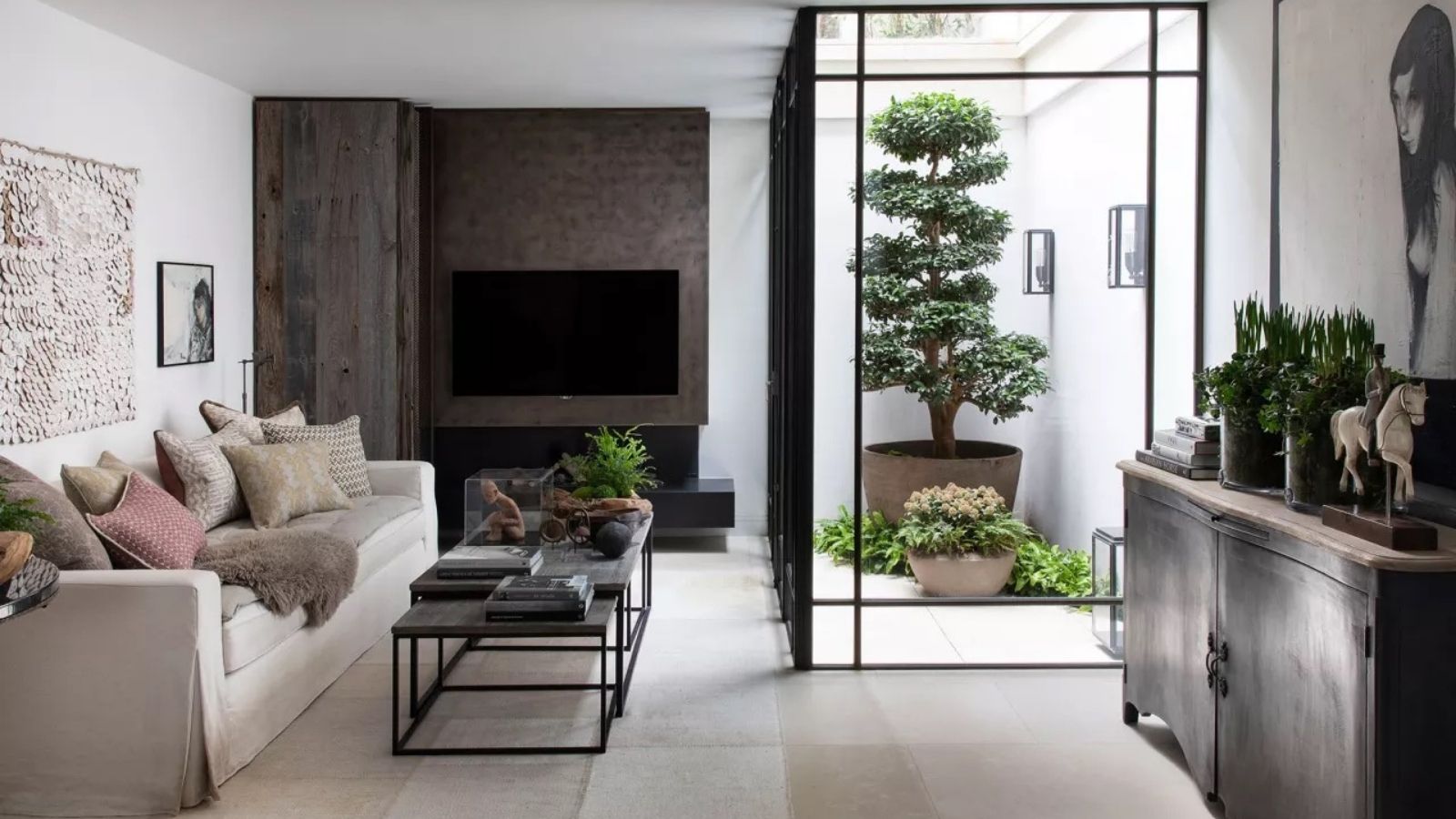

More people are beginning to ask 'what is Feng Shui?' as the practice sees a resurgence around the world – especially as we spend more time in our homes and look for ways to connect with the spaces around us.
Although not much is known about its origins, evidence suggests that Feng Shui has been used in some Chinese homes and towns for over four thousand years. But what does Feng Shui mean? The words ‘Feng’ and ‘Shui’ translate to mean ‘wind’ and ‘water’ respectively and is derived from the idea that human life is connected with the environment around it.
What is Feng Shui in relation to our homes? This ancient Chinese practice grounds itself in the philosophy that arranging objects, colors, and environments can achieve harmony and balance by harnessing and encouraging positive energies, or Chi.
Here, an expert designer explains what Feng Shui is and why we should use it in our homes.
What is Feng Shui?
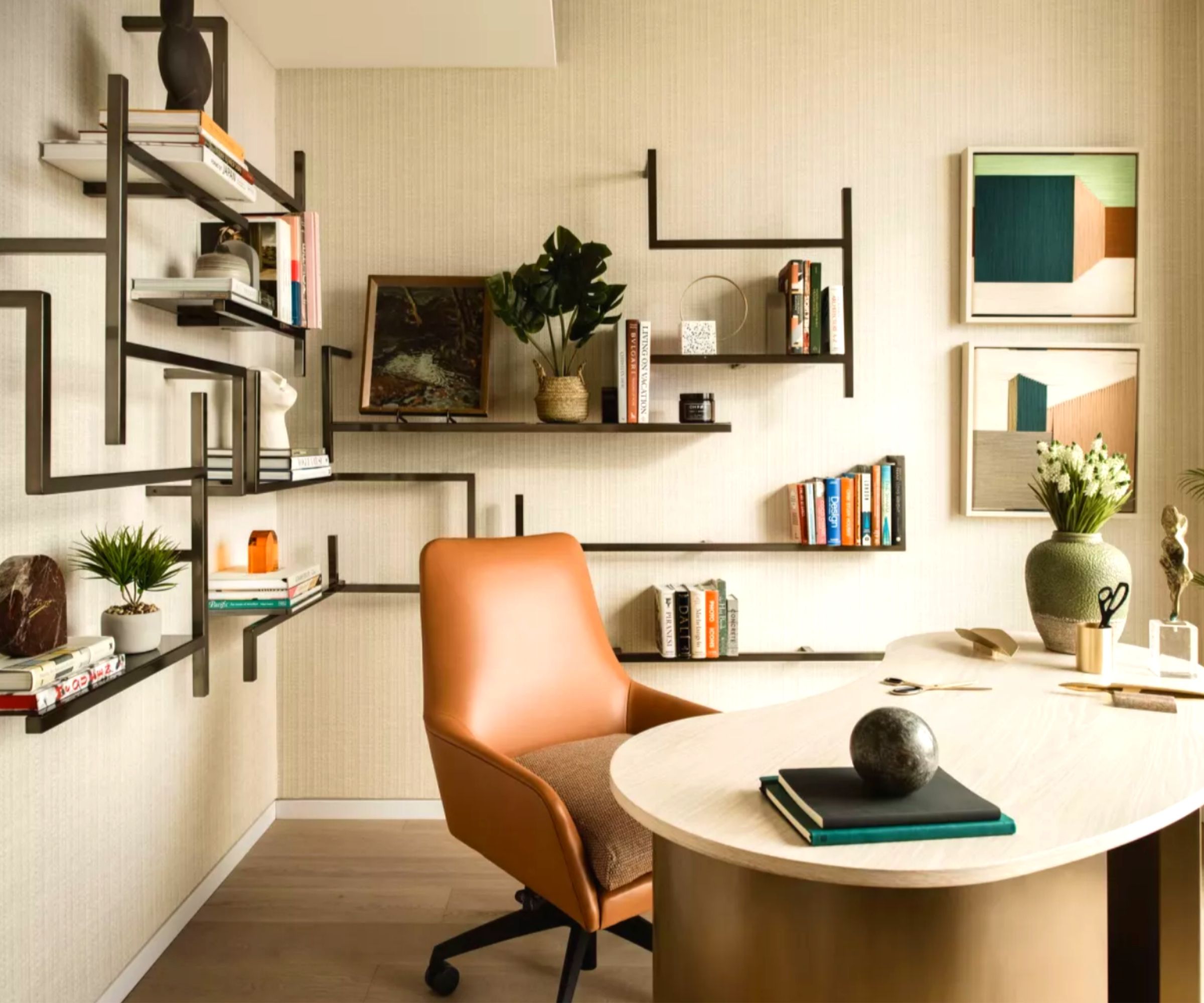
Feng Shui stems from the Taoist belief in Chi, or the life force that inhabits everything. Chi may be known more commonly as yin and yang elements – the opposing yet complementary forces that cannot be separated and bring balance.
Feng Shui is a method of balancing yin and yang in the spaces around us to harness and complement their balancing effects.
Feng Shui in the bedroom, for example, is done through Feng Shui furniture placement, and is used to help improve rejuvenation and wellness, whereas entryway Feng Shui can help set the right tone for greeting guests and welcome you home after a long day.
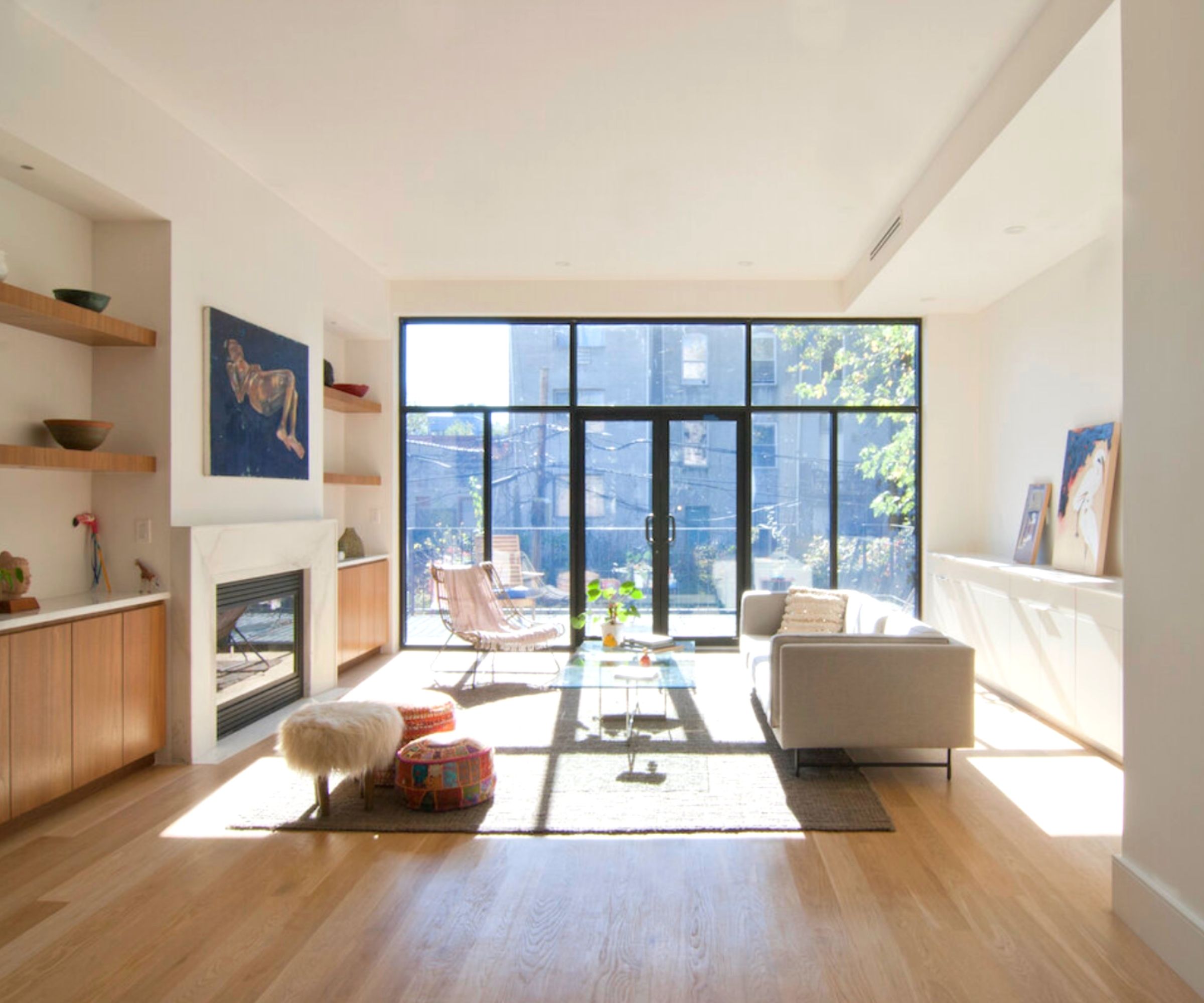
‘Traditionally, Feng Shui is called the art of placement, or a way to look at the flow of Chi life force energy in your home in alignment with the Dao. Dao is an ancient Chinese philosophy looking at how humans can live in accord with nature and harmony with nature.’ explains designer and Feng Shui expert, Anjie Cho of Anjie Cho Architect.
‘I also like to define Feng Shui as mindfulness of spaces. Paying attention to all the details of your environment and acknowledging and working with the fact that your spaces affect you just as you affect your spaces. Our inner environments are intrinsically connected to our outer environments so if we can recognize and bring some attention to the spaces in our homes then we can also, in turn, start bringing more tensions and shifts to our lives.
‘We can then have homes that support and nurture us rather than create more challenges and obstacles, because we have enough of that without creating more with our homes, right!’
How and why do experts use Feng Shui?
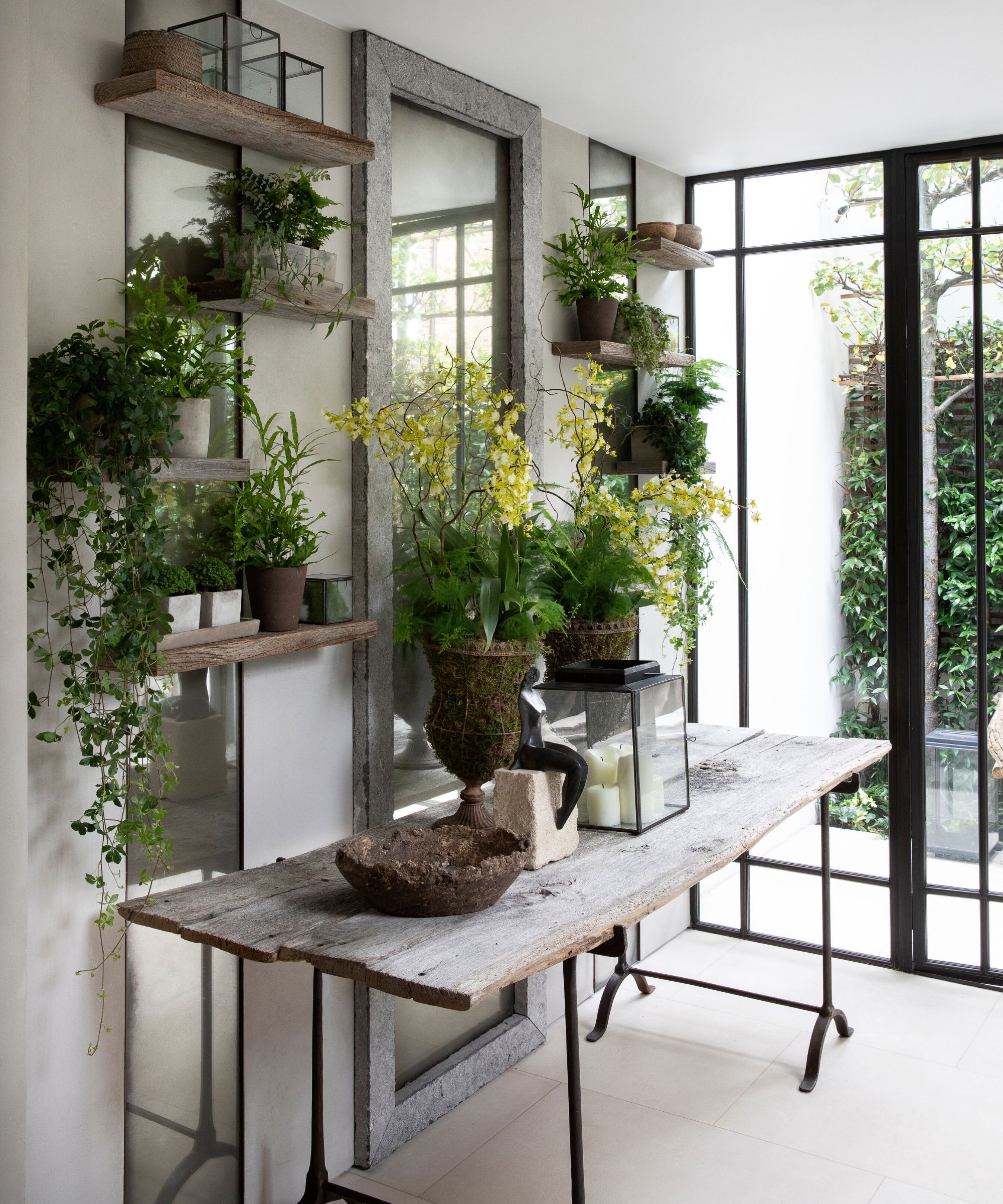
Feng Shui is traditionally used to ensure good health, bring luck and prosperity, and improve relationships. Office Feng Shui, for example, is used to try and boost your career and wealth whilst bathroom Feng Shui is through to focus energies to improve wellbeing.
‘Feng Shui is not just for homes, it is for any kind of space that we create – natural spaces, workspaces, living spaces – it’s how humans live in harmony with our environments.’ Anjie points out. ‘We could even say that our internal environments or our bodies can have Feng Shui as well, or we can look at the Feng Shui of our bodies.
‘So specifically thinking about the home, the home is our refuge, it’s the space that is most representative of you. Especially after the pandemic, we know that our homes really do affect us. As humans, we’ve moved into these interior environments to create a shelter, to create a home, and how we can organize and create space that supports us is important.
‘When we use Feng Shui and look at how to live in harmony with our environments and with our homes, then we can start to live more in tune with ourselves and our families.
‘People are now recognizing that the home is so important and that means having a supportive home. You should be able to walk in the door and there's not a bunch of clutter in the way, there is space for you to move around, you can feel relaxed in your home, and it’s a place to rejuvenate.’
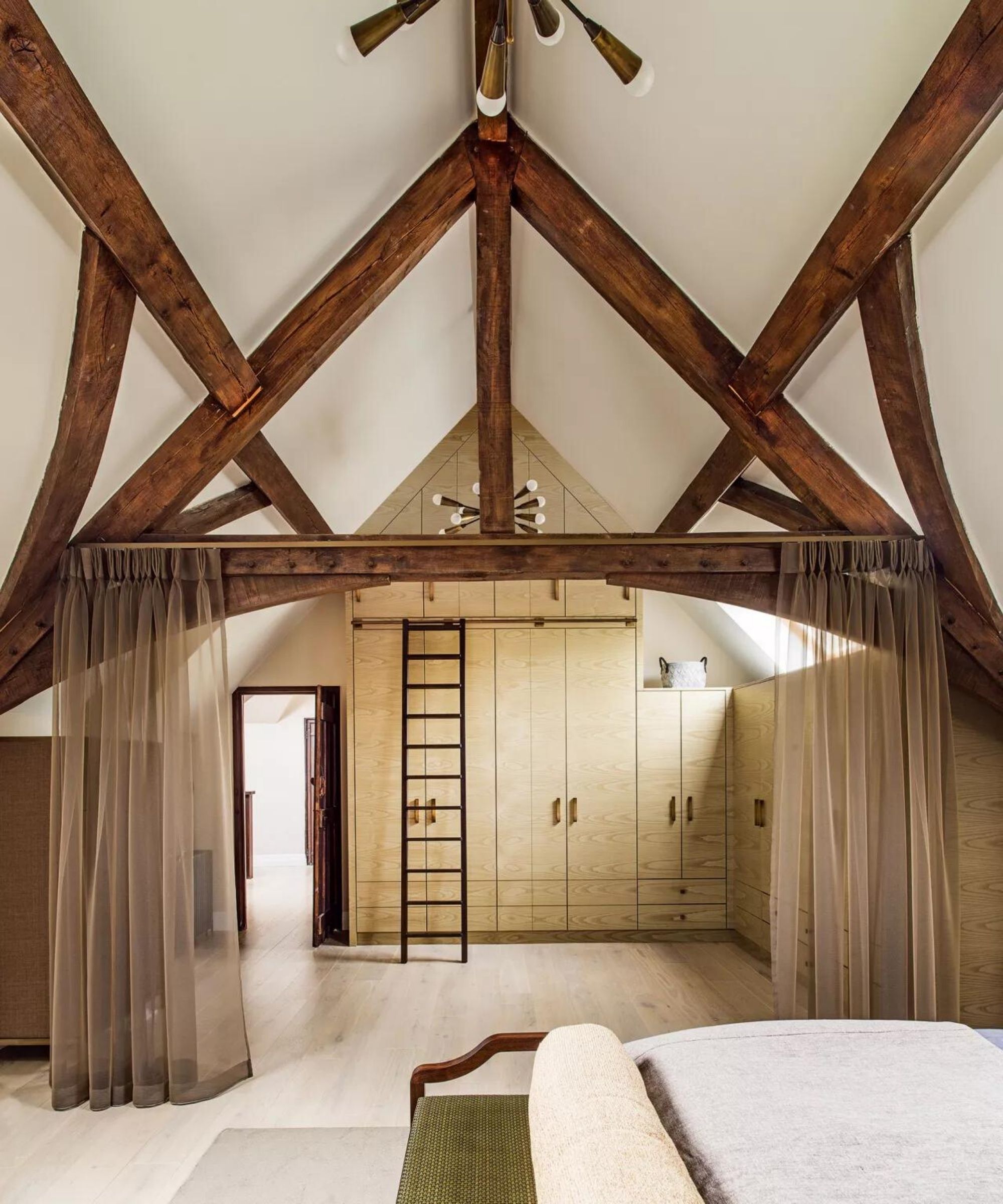
Feng Shui can be used in all areas of the home and for different purposes. Feng shui in a living room is important, for example, as it is traditionally the gathering space for friends and family. It is also likely to be the first main space you enter in the home so setting the right tone and energy for the rest of the home is key. Another easy way to incorporate Feng Shui into your home if you are just starting is to consider adding plants with particular Feng Shui meanings throughout your home.
Anjie particularly recommends practicing Feng Shui in the bedroom as it is one of the only private rooms in the home. ‘You spend a lot of passive time (or Yin), in your bedroom. Firstly, you are restoring, rejuvenating, and allowing your body to have some rest and your environment can affect that. Secondly, when you are in the passive Yin state you are very susceptible to the energies around you, so it's important to look at the Feng Shui of your space.’
What are the 5 principles of Feng Shui?
The five elements of Feng Shui are water, earth, fire, metal, and wood. These come from Taoist philosophy and are a system that looks at the cycles of nature and how they work together in balance. Each element is associated with certain qualities, as well as colors and shapes that you can use in interior design to enhance your home and life.
Water: represents wisdom and our connection to others and the world around us. The water element is represented, unsurprisingly, by deep blue shades, black, and wavy, asymmetrical shapes. You can add the water element to your home through water sculptures and water images.
Earth: Earth is the element connected to self-care and nourishment. It is linked to earthy colors such as yellow, orange, and brown and heavy, square objects. Earth is the easiest element to incorporate into your home as any larger object such as desks or rugs can introduce earthy tones into your space.
Fire: Fire represents passion and inspiration and is easily introduced into your space through lighting and lamps. Fire is also related to warmer colors such as fiery reds and bright oranges as well as sharp, triangular shapes.
Metal: Metal is another easily introduced element with metal fixtures already present in many homes. Metal conveys the qualities of joy, beauty, and precision. White and gray, alongside metallic colors, represent metal alongside circular shapes.
Wood: Wood is related to growth, healing, and vitality. The wood element is represented in design by green and blue colors and tall, rectangular shapes. Houseplants are a great way to incorporate this element into your home.
Next, learn how to Feng Shui your home to support your New Year's resolutions.
Sign up to the Homes & Gardens newsletter
Design expertise in your inbox – from inspiring decorating ideas and beautiful celebrity homes to practical gardening advice and shopping round-ups.

Chiana has been at Homes & Gardens for two years and is our resident 'queen' of non-toxic living. She spends most of her time producing content for the Solved section of the website, helping readers get the most out of their homes through clever decluttering, cleaning, and tidying tips. She was named one of Fixr's top home improvement journalists in 2024.
-
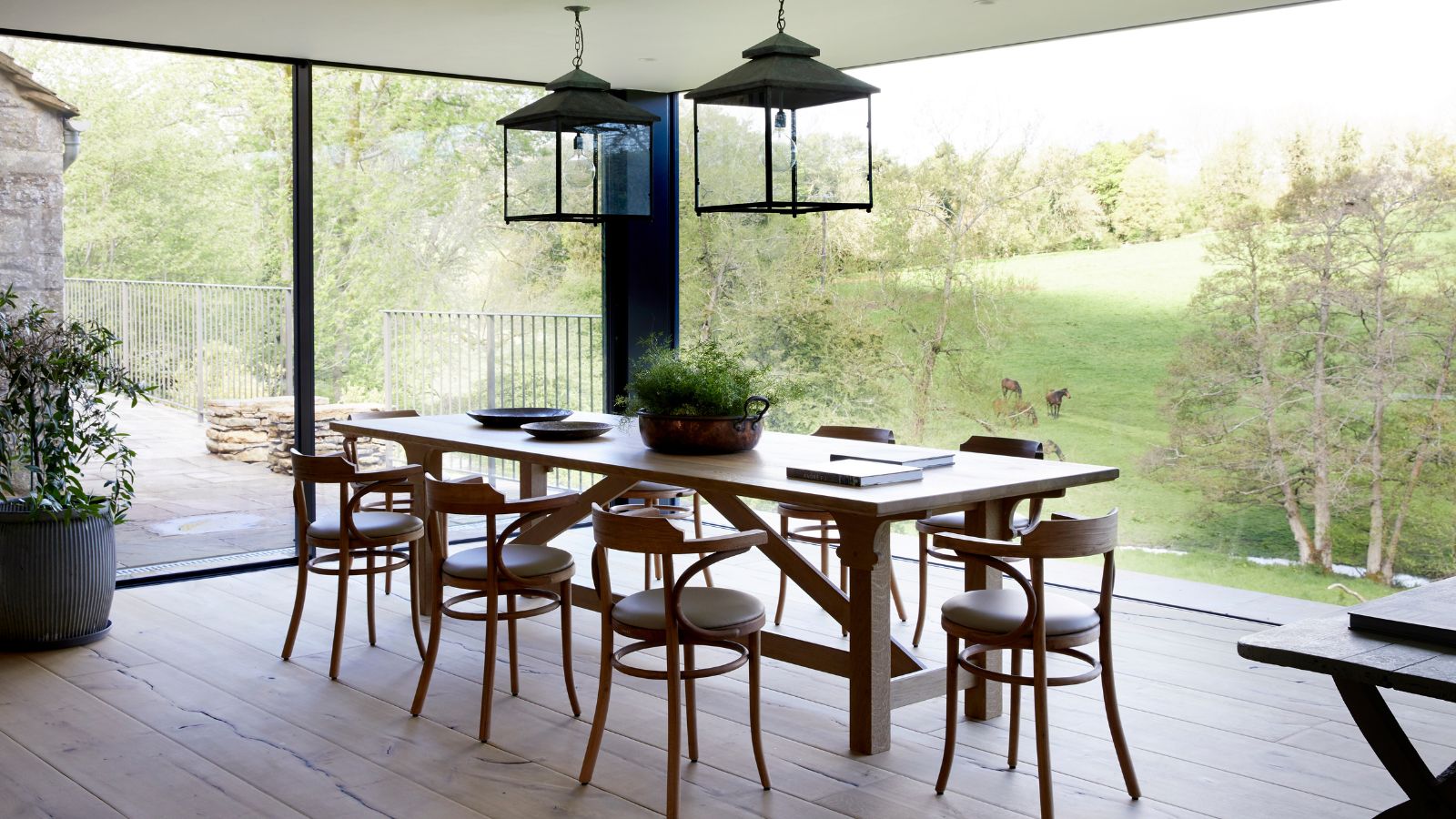 This is the single best upright vacuum we've ever tested – and it's on offer with $130 off at Shark for a limited time only
This is the single best upright vacuum we've ever tested – and it's on offer with $130 off at Shark for a limited time onlyYou won't want to miss this one
By Dan Fauzi
-
 Nate Berkus says slipcovered sofas are back on trend – and I just found a way to create this designer-approved laid-back look from just $86
Nate Berkus says slipcovered sofas are back on trend – and I just found a way to create this designer-approved laid-back look from just $86This classic style is making a strong comeback, but did you know you don't have to buy a whole new couch to get this Nate-approved look?
By Eleanor Richardson